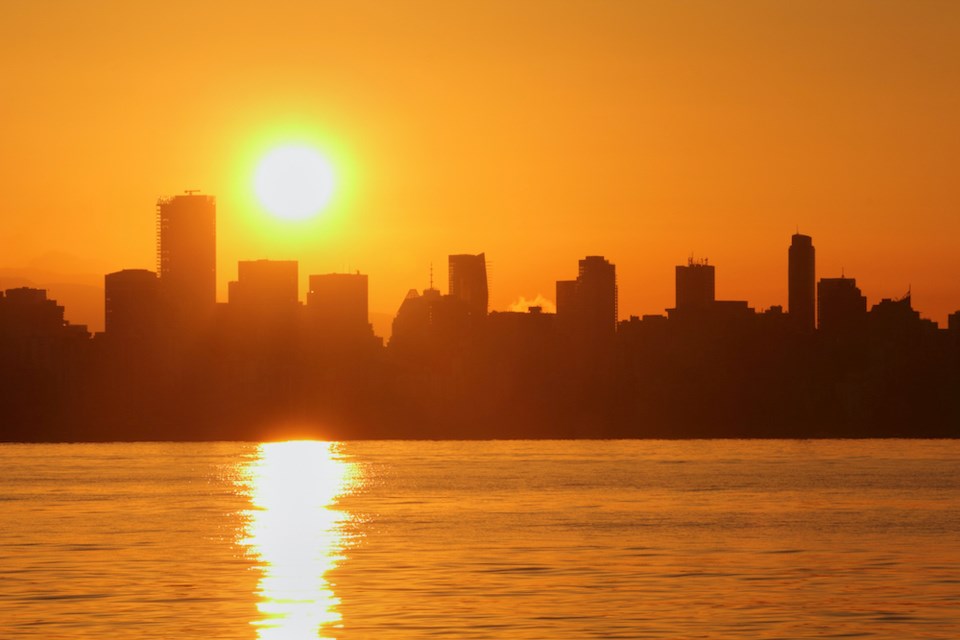What do you picture as you read the words climate change? Do you scoff with Trumpian climate denial annoyance? Do you picture scenes out of dystopian films like Blade Runner 2049 or Mad Max Fury Road? Or are you an idealist who envisions a smoke-filled sky clearing up from a grey-black haze to a pristine blue? For the average Vancouverite, climate change may have once felt like a problem for a future generation to deal with, but last year’s heat dome brought the reality to the forefront of our city.
So, what is Vancouver doing about climate change? Can we mitigate climate change to aid our survival? Or should we learn to adapt to the dangerous whims of nature? Let’s hone in on the issue.
Let me get a few definitions out of the way first.
In simple terms, mitigation means dealing with the root cause of climate change; that is, to limit the effects of climate change by reducing Greenhouse Gas (GHG) emissions. (The US Environmental Protection Agency lists transportation, industry, and commercial/residential as three of the main sources of those emissions.) Mitigation can be achieved either by reducing GHG emissions or enhancing GHG storage. The latter is a complex process, but, in lay terms it means “capturing” carbon emissions, compressing them, and then storing them in a geological form deep underground. Depleted hydrocarbon fields, porous rocks, or beds of coal, for example.
Adaptation, as the word implies, means learning to live with the consequences of climate change. This is important as we are already dealing with the irreversible effects of climate change. Devastating stuff like rising sea levels and more frequent extreme weather events. (Think last year’s heat dome, but as regular as the Stanley Cup Final.)
The question is, what is Vancouver doing for climate’s sake? That is a big question. The City of Vancouver has a Climate Emergency Action Plan in place, with its purpose being to limit carbon pollution by 50 percent by 2030. The plan addresses carbon capture, waste disposal, construction, and transportation, to name a few highlights. The City has an adaptation strategy, too, because the climate battle must be fought on both fronts.
Over the coming year, I will be reporting on the large issue of what Vancouver is doing, what it can be doing, and what it should be doing in pursuit of climate mitigation. An underlying theme will be the question of whether mitigation is even plausible.
Although it is crucial to talk about what Vancouver is doing at the governmental level, we must also look elsewhere for solutions: Industry. Corporations. Communities. Even you and I. A collective effort is in order if mitigation strategies are going to have any chance to succeed.
What the spring and summer of 2022 will bring to Vancouver in terms of climate remains to be seen. A recent summer forecast released by the Farmer’s Almanac provides little comfort. A European organization offered this model-based prediction for the summer: the West Coast “is expected to have a hotter summer than normal.” If you weren’t able to buy a new fan or AC last year, now may be a good time to start looking.






